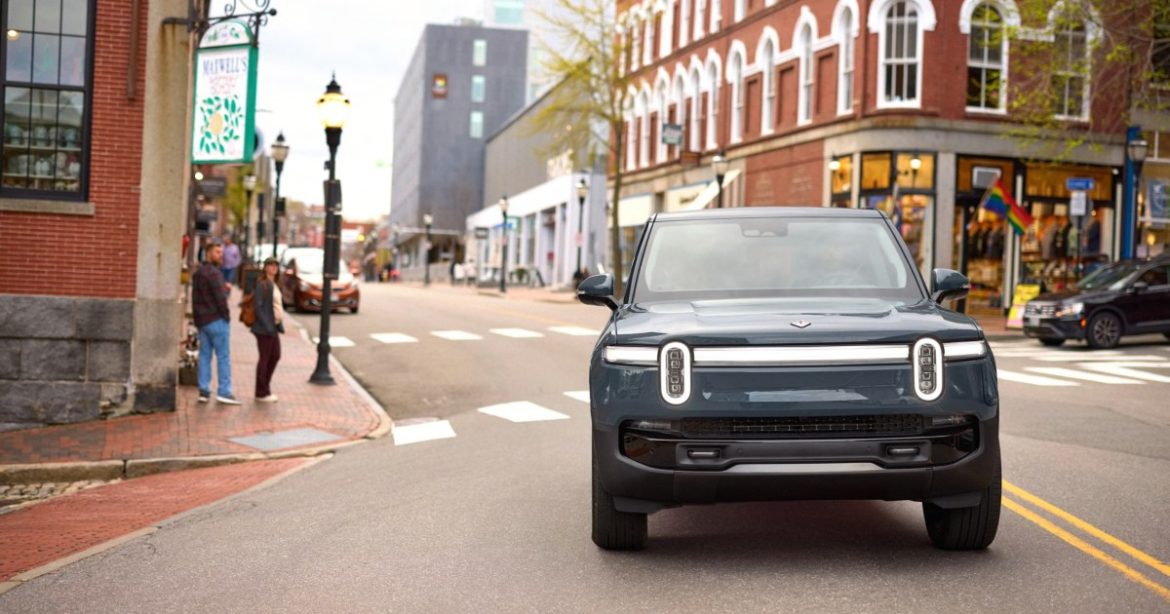Early November typically kicks off the run-up to the Black Friday sales season, and this year, Rivian is betting it’s the perfect time to lure gasoline drivers toward its EVs.
If you own or lease a vehicle that runs on gasoline, which means even a hybrid vehicle, Rivian is ready to give you $3,000 off the purchase of one of its select fully electric vehicles — no trade-in required.
The offer from the Irvine, California-based automaker extends to customers in the U.S. and Canada and runs through November 30, 2024. The program applies to Rivian 2025 R1S or R1T Dual Large, Dual Max, or Tri Max models purchased from R1 Shop.
-
5 Rivian features that don’t get enough attention
-
New Rivian R1S: Everything new in the second-gen model
-
Rivian R1T gets estimated 410 miles of range with Dual-Motor powertrain, Max Pack battery
Rivian’s new All-Electric Upgrade offer marks a change from a previous trade-in program that ran between April and June. There, owners of select 2018 gas-powered vehicles from Ford, Toyota, Jeep, Audi, and BMW could trade in their vehicle and receive up to $5,000 toward the purchase of a new Rivian.
This time, buyers of the R1S or R1T Rivian just need to provide proof of ownership or lease of a gas-powered or hybrid vehicle to receive the discount when they place their order.
Rivian is not going to be the only car maker offering discounts in November. Sluggish car sales from giants such as Stellantis and rising inventories of new cars due to improving supply chains suggest automakers and dealerships will be competing to offer big incentives through the year’s end.
This follows several years of constrained supply following the COVID pandemic, which led to higher prices in North America.
According to CarEdge Insights, average selling prices for cars remain above what would be called affordable. But prices should continue improving along with rising inventories.
Stellantis brands are entering November with the most inventory, followed by GM and Ford, according to CarEdge. Toyota and Honda, meanwhile, have the least inventory, meaning they probably won’t be under pressure to offer big incentives.




